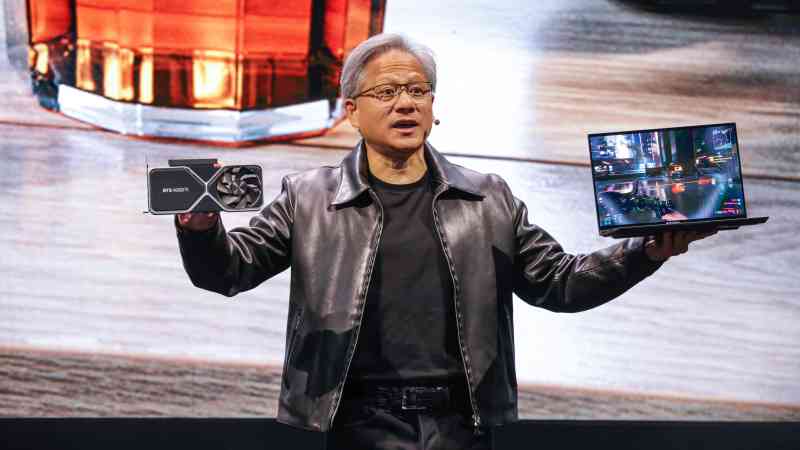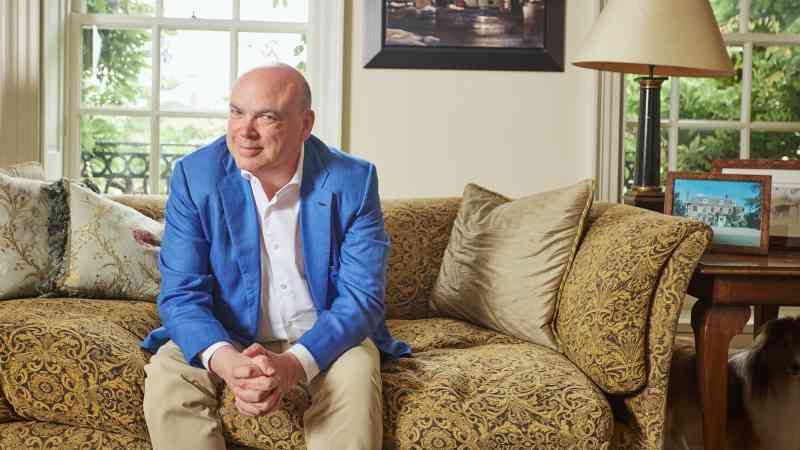France’s brightest tech talent could hop across Channel
Following the 2016 Brexit referendum, Paris started an advertising campaign to try to tempt disillusioned London bankers to relocate to the City of Lights.
“Tired of fog? Try the frogs!” ran the caption, picturing said green amphibian, complete with tricolore collar and tie, perched in front of the La Défense business district.
The billboards plastered around Heathrow and the Eurostar terminals aimed to roll out “the blue, white and red carpet for thousands of professionals now seeking new European headquarters”, according to the organisers.
Now France’s political instability means the boot is on the other foot, potentially a boon for UK tech.
Just like the jitters in the French stock market, the deadlock caused by the recent indecisive election is worrying people in the country’s vibrant tech scene, concerned about the impact the continuing uncertainty could have on foreign investment.
After a decade of being cosseted by government money and policy support, the sector is also weighing up the hit from likely tax rises introduced by a left-wing coalition, or immigration restrictions from the right.
“This instability may endanger what we have achieved, the ecosystem that has been built and our capacity at attracting talent,” Alexandre Labarriere from the France Digitale group of start-ups said, adding that businesses had been contacting the organisation asking what was going to happen.
• Investors flee Paris for London amid fears of political upheaval
Paris, the city of gastronomy, of fashion, of writers, of painters, of lovers, has to its own surprise, and that of many others, reclaimed the word entrepreneur over the past decade and is now talked about as the city of artificial intelligence.
It has sloughed off the stereotype of the heavily unionised business environment bound in red tape, with staff who value their two-hour lunch breaks, in favour of a start-up scene. The 9th arrondissement, the red-light district just north of the Louvre, is a tech hub sometimes referred to as “Silicon IX”.
One American investor who chose London as a European base told me recently he thought the firm had missed a trick not plumping for France, because of its strength in AI.
This is exemplified by Mistral, the French generative AI business, founded last year. Often feverishly described as France’s answer to OpenAI, led by Arthur Mensch, 31, known as France’s answer to Sam Altman (of course), it is valued at $6 billion and has raised $1.2 billion in a year.
Others have punched through too. There is Hugging Face, valued at $4.5 billion, which creates and shares advanced machine learning models; Kyutai, a non-profit funded with €300 million of private money, which released a free voice chatbot last week to wide acclaim; and the H Company, which recently raised $220 million to develop new AI models.
• How the next government can super-charge the UK technology sector
All this success is not happenstance. The tech sector has fed off France’s strong education system, business and engineering schools. Like Rishi Sunak in the UK, Emmanuel Macron, a former banker, as economy minister and latterly as president, has championed tech and myriad initiatives that have laid the foundations for the ecosystem.
In 2021 the France 2030 plan put €30 billion into areas including robotics, semiconductors, electric vehicles and renewable energy. Other pro-tech policies have included tax breaks for start-ups, a €5 billion programme for the top 120 French tech businesses and a special visa.
France’s capital is also home to Station F — a former train station that lays claim to be the world’s largest start-up accelerator, funded by Xavier Niel, the telecoms billionaire and co-owner of Le Monde. Vivatech, the Paris tech conference, has become a must-go event, including for Elon Musk, who appeared again this year.
Granted, Macron stays in power — but with no majority in the national assembly the future of La French Tech starts to look a little shaky. Bruno Le Maire, France’s economic minister, has warned that an immediate risk for the country is “financial crisis and economic decline”.
In contrast, in this tale of two rival tech cities, neighbouring London with its flourishing AI scene could benefit from the solidity and stability in Westminster.
For any self-styled “frogs” making the short hop across the Channel, the fog might be unpredictable, but at least you know what you’re getting from the economic climate.




Post Comment